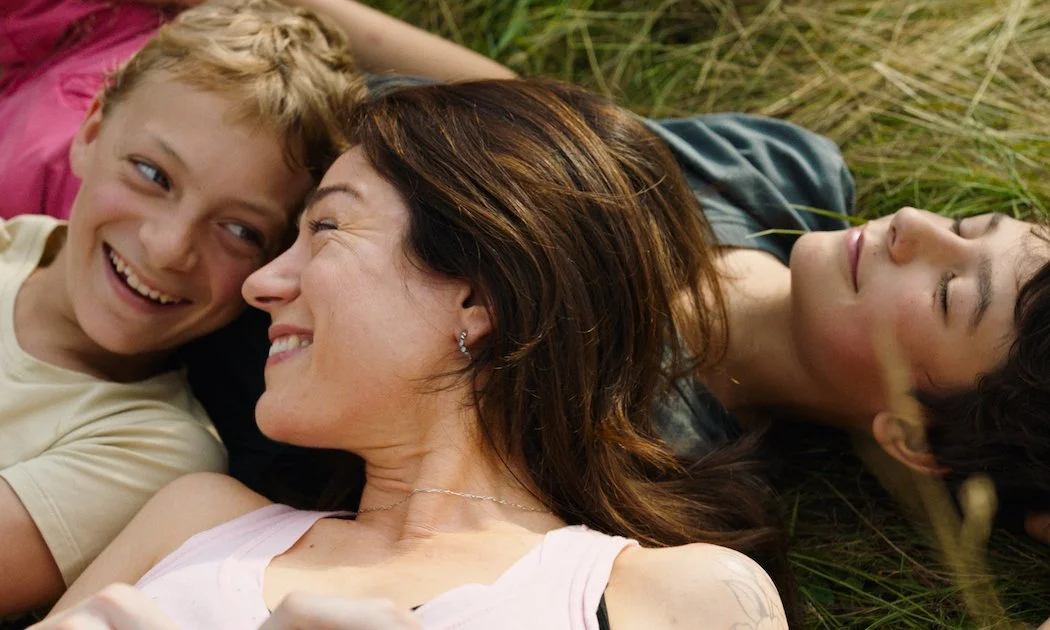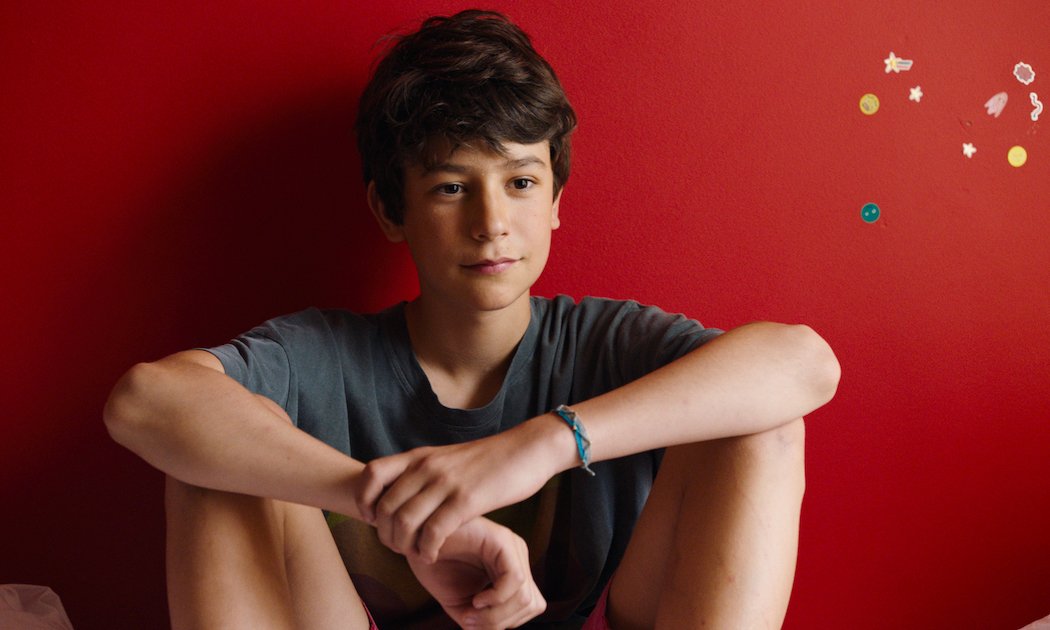So ‘Close’ Yet So Far
Sophomore director Lukas Dhont edges, ahem, closer to great filmmaker status. If only he’d get out of his own way.
Close
Director: Lukas Dhont • Writer: Lukas Dhont, Angelo Tijssens
Starring: Eden Dambrine, Gustav De Waele, Émilie Dequenne, Léa Drucker, Igor van Dessel, Léon Bataille, Kevin Janssens, Marc Weiss
Belgium • 1hr 44mins
Opens Hong Kong March 2 • IIA
Grade: B-
What could possibly drive a wedge so solid between boys that their youthful, carefree friendship is destroyed? Easy. The spectre of being gay and the middle school name-calling that goes with it. Even at a young age we’re still (consciously or not), in 2022, demanding boys be boys, dammit, and anything that seems contrary or “girly” must be quashed. That’s the more interesting part of Belgian writer-director Lukas Dhont’s Cannes Grand Prix-winner, Close. The Oscar nominee for International Feature comes flying out of the gate with an honest, recognisable story about a possibly budding romance between 13-year-old boys Léo (Eden Dambrine) and Rémi (Gustav De Waele). Or maybe not. They’re besties who sleep at each other’s homes all the time and for whom casual affection is no big deal. Is there an attraction there? Perhaps, they’re pubescent. But who cares?
And that’s Dhont’s jumping-off point for Close. Like he did in his uneven but ballsy debut, Girl, about a transgender ballerina’s struggle with her own body in a milieu that trades in heightened, stereotypical femininity, Dhont examines how we collectively refuse to accept casual affection and intimacy between boy friends the way we afford it to girls, an acceptance that is long overdue. But unfortunately Dhont never really dives all the way into the quagmire, and he never connects adolescence with toxic male adulthood, if not toxic then at the very least stagnant and retrograde. He gets distracted by making a tearjerker we don’t need.
It seems as though it’s always golden hour in Close. Whether Léo and Rémi are riding their bikes past sun-dappled summertime meadows, or picking flowers in Léo’s family nursery, or playing fort soldiers. The duo is inseparable, perfectly happy with each other’s company and with each other’s families. Rémi’s mom, Sophie (Émilie Dequenne) and dad, Peter (Kevin Janssens) are especially welcoming of the bond the boys share. Similarly, Léo’s parents, Nathalie and Yves (Léa Drucker and Marc Weiss), and older brother Charlie (Igor van Dessel) – who he’s equally physical with – think of Rémi as another part of the family. They have one of those early-teens friendships that they’re sure is going to last into old age. But then they start a new school year.
Away from the supportive comfort of their families and their own little bubble, Léo and Rémi are suddenly adrift in a sea of expectation. “Are you together?” is the most common comment they get when other kids see their easy touchiness. That and, naturally, homophobic slurs. Cinematographer Frank van den Eeden captures the boys’ sudden herd inclusion in wide shots that see them vanish into the schoolyard crowd. The boys grow apart, mostly because Léo can’t take the accusatory heat. Rémi seems to go with the flow but as an only child he’s also more dependent on Léo’s attention, and his sudden coldness hurts. At this point van den Eeden’s wide shots transform into uncomfortable tight shots of Léo trying to fit it in; trying to be “one of the guys.”
Maybe it’s the whole kid thing, and my lack of patience for stories about fumbling teens that Close doesn’t connect. But I don’t think so. Dhont is very, very close (no pun intended) to being an incredibly sensitive (which he’s sure to telegraph at every opportunity), entirely modern, stellar filmmaker – but he’s not quite there yet. An out-of-left-field (yet curiously obvious) narrative wrench midway through proves that. It’s as if Dhont and co-writer Angelo Tijssens don’t know how – or are unwilling, which seems less likely – to actually explore the emotional and social conundrums they set up in the first half of the film, and which make for gripping realist drama on their own. Close is a frustrating film because not only do they have a theme that’s long overdue for debate but they have three lived-in, empathetic performances to help the story along. Dambrine and De Waele are crazy-strong for such young actors, and so effortlessly natural they make it easy to understand Léo’s awkward confusion and Rémi’s wounded loneliness, and Dequenne is particularly affecting as Sophie, who has to toggle between fury, sympathy and sorrow and be the so-called adult in the room. The melodrama (and let’s face it, it’s melodrama) of the back half pulls attention away from Close’s grounded start, and buries ideas that need some non-judgemental discussion under a wave of unnecessary tears. Close, but no banana. — DEK



